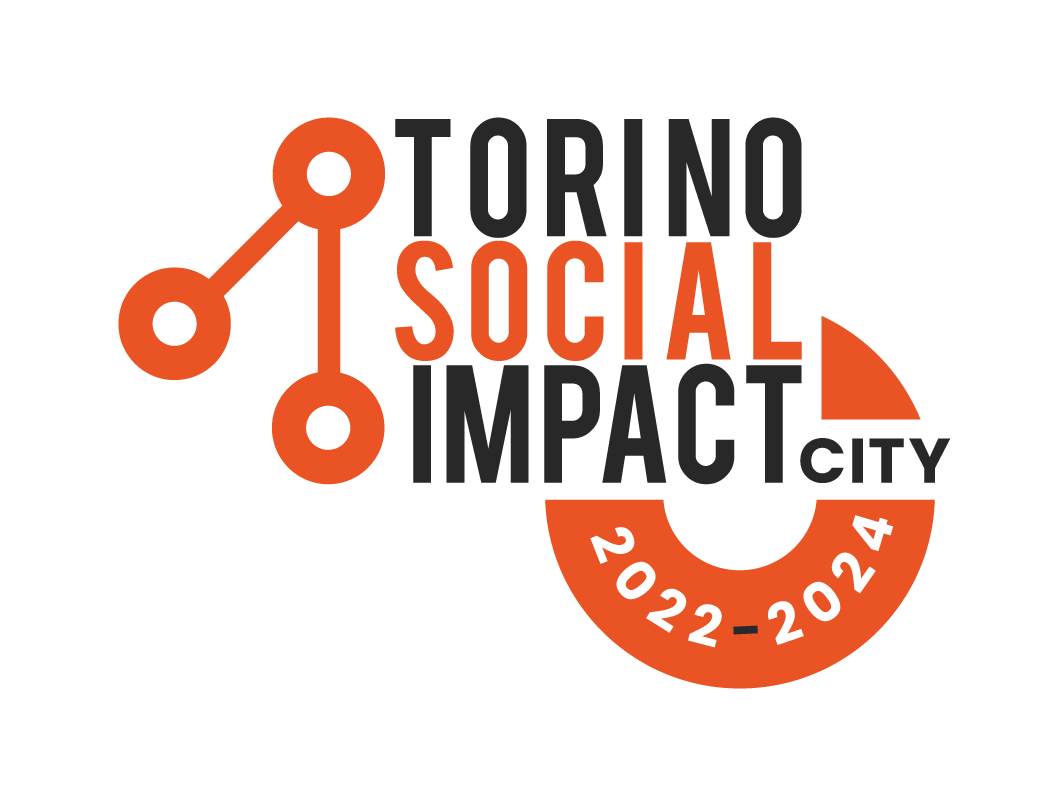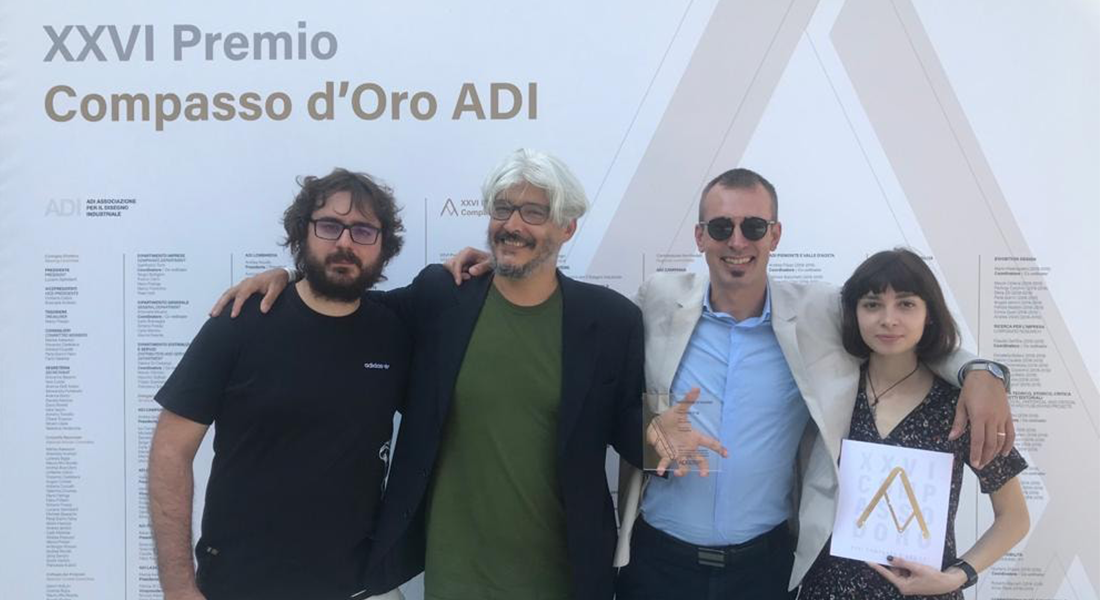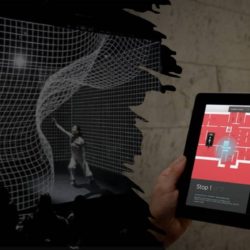Hackability received the Honourable Mention of the XXVI ADI Golden Compass Award, one of the most prestigious international design awards.
Hackability is a non-profit company founded in Turin in 2016 to bring together the skills of designers, makers, digital craftsmen, with the needs (and inventiveness) of people with disabilities. To achieve this goal Hackability has developed a co-design and open innovation methodology that allows people with disabilities and care givers, with the support of makers and designers, to design and implement innovative and customized solutions for autonomy and care, focusing on their ideas, needs and skills.
In 2019, thanks to the contribution of the AxTo Azioni per le periferie torinesi della Città di Torino (measure 3.03), Hackability focused on the area of Turin between the former general markets and the Lingotto (project name: Hackability4MOI), involving about 80 makers, designers, craftsmen, Polytechnic students, people with disabilities, caregivers who worked together to find new solutions for autonomy in everyday life.
What attracted the attention of the international jury of the Compasso d’Oro was this way of working, judged unique, which in four years Hackability has applied to co-design a more accessible future in various areas such as food (thanks to the support of Barilla, Wasa and Harri’s), sport (with Juventus) and mobility (with Toyota and Arriva). But above all, it has made it possible to build co-design tables on accessibility and autonomy in the suburbs of Turin, Milan and Parma, in schools, universities and hospitals and also abroad, in Paris and Shanghai.
It is a great novelty that to win an award in the panorama of the great international design awards is a social innovation project that shifts the focus from design products – which are all released in open source – to social impact and innovation and research. Carlo Boccazzi Varotto, founder and co-founder of Hackability, says: “we are trying to give life in Turin, in addition to the Torino Social Impact ecosystem, the Polytechnic, Links Foundation and the city’s cultural institutions, to a centre that uses co-design as a tool to produce knowledge, open innovation processes aimed at businesses and inclusion to overcome stigma. Not only a prototyping laboratory but a real innovation hub able to create courses, workshops, co-design tables, conferences, exhibitions, putting people with disabilities at the centre”.
The objects and methodologies, awarded with the Compasso d’Oro Award or the Honorable Mention, become part of the ADI Compasso d’Oro Collection, declared on 22 April 2004 by the Ministry of Cultural Heritage and Activities of “exceptional artistic and historical interest”.
Popular
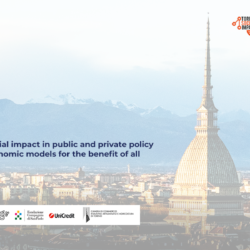 A New Impact Era: the GSG Leadership Meeting in… 14 April 2022
A New Impact Era: the GSG Leadership Meeting in… 14 April 2022  Young Challengers Program 2022 7 July 2022
Young Challengers Program 2022 7 July 2022  Turin chosen to host Cities Forum 2023 26 April 2022
Turin chosen to host Cities Forum 2023 26 April 2022 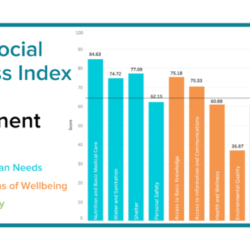 Announced the 2020 Social Progress Index 6 October 2020
Announced the 2020 Social Progress Index 6 October 2020 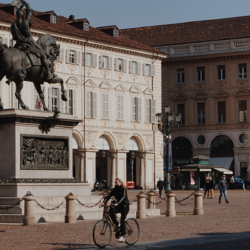 The GSG Leadership Meeting arrives in Turin! 1 March 2022
The GSG Leadership Meeting arrives in Turin! 1 March 2022 
